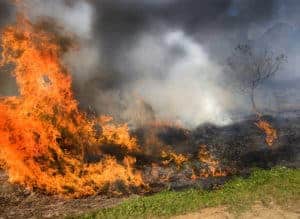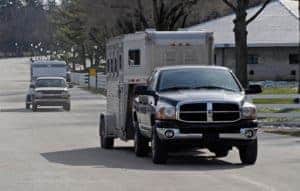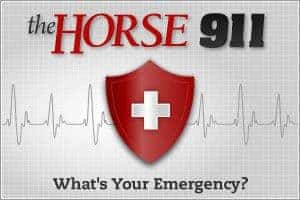Situational Awareness
Do you know what is going on around you most of the time? Are you aware of the smells, the sounds, and the sights around you at all times? Can you tell me what is the color of the car that is driving behind you (without looking in the mirror)? Or are you one of those people that tends to float down the street with your nose in your cell phone… trusting that others will step out of the way for you? When you ride your horse, are you blissfully unaware or are you paying attention to their footfalls, their rhythm, their ears turning, and their focus?
Situational awareness (SA) is originally a military term for a person’s ability to perceive the dynamic elements around themselves and how your actions can change that, and being able to estimate how those factors and influences may transform with the changing of variables such as time, people, space, etc. In the emergency services, this is the gift of wisdom that comes with years of exposure to situations of many types, and the added complexities of human, politico-social, environmental, stress and leadership factors. Generally, SA is a highly-valued trait in leaders, managers, and decision makers–especially for people who work in jobs that have a lot of information flowing into the situation (disaster management and emergency scenes are a good example) or a high probability that something tragic will happen if you fail (nuclear power plants, pilot of an airplane, combat medic, etc.).
Interestingly, you have some level of SA, too–if you have ever driven a car, ridden a horse, or played an instrument with any level of skill. To perform any task, whether difficult or seemingly easy, requires SA of your vicinity, of the changing conditions around you, and of what can happen if you don’t keep the car on the road, etc. Olympic-quality athletes and ace pilots have very highly developed skills of SA. Heck, even signing your name requires command of a multitude of tasks and intense concentration by your brain. Best of all, SA is a skill, implying that it is something that with practice you can IMPROVE!
Jockeys and eventing riders have to have excellent SA to prevent injuries in their riding pursuits… or
TheHorse.com is home to thousands of free articles about horse health care. In order to access some of our exclusive free content, you must be signed into TheHorse.com. Already have an account?Create a free account with TheHorse.com to view this content.
Start your free account today!
and continue reading.
Written by:
REBECCA
Related Articles
Stay on top of the most recent Horse Health news with











